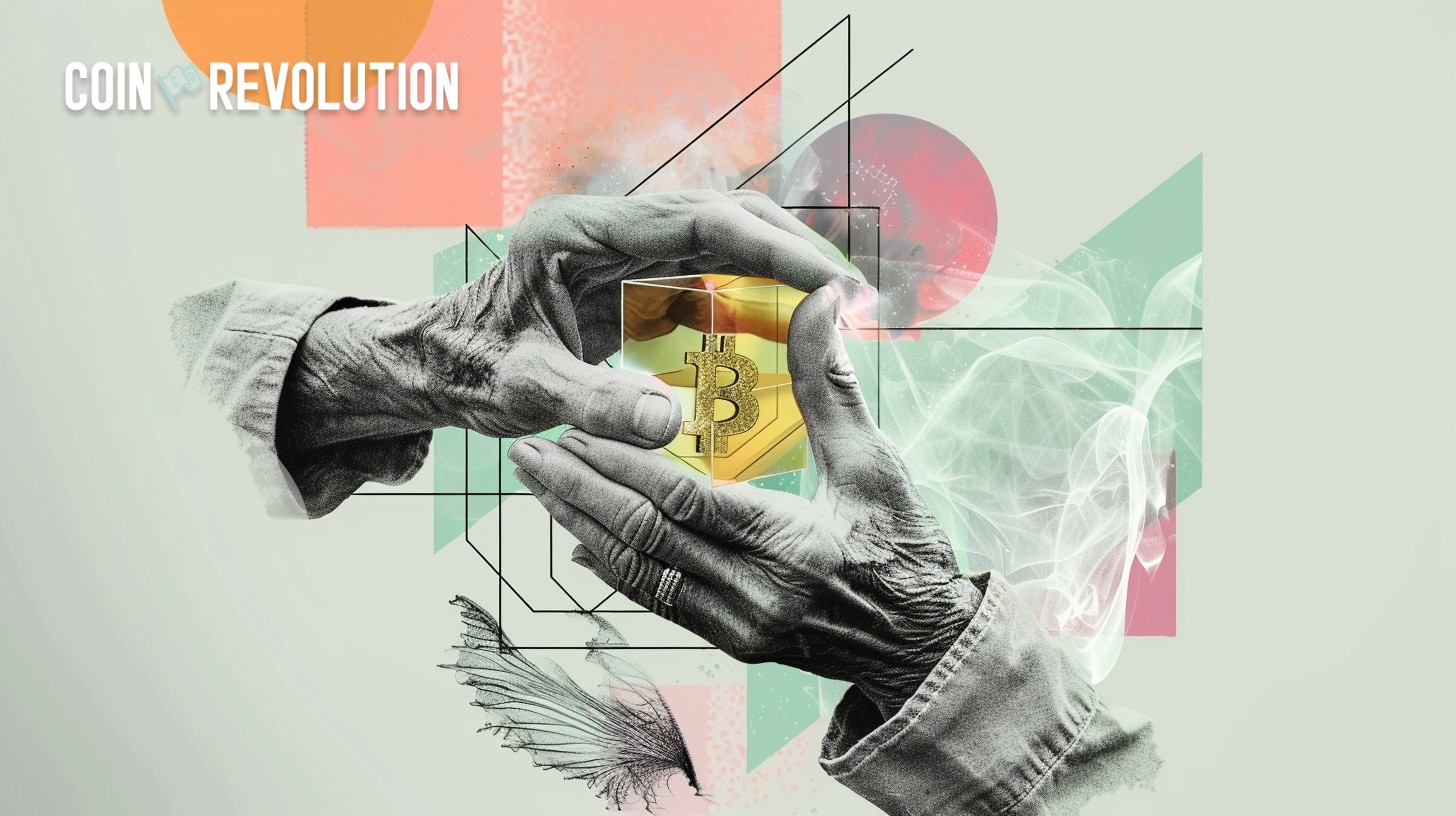Binance Partners With BBVA for Off-Exchange U.S. Treasury Custody

In a new partnership, BBVA will hold Binance trader funds in U.S. government bonds off-exchange, separating customer assets from exchange risk.
Binance partnered with Banco Bilbao Vizcaya Argentaria (BBVA) to hold trader margin in U.S. Treasuries as off-exchange collateral. BBVA, Spain’s second-largest bank with approximately €750 billion in assets as of Q2 2025, will serve as an independent custodian for customer funds.
Under the arrangement announced this week, Binance users deposit fiat or stablecoin collateral, which the platform then converts into U.S. Treasury bills custodied by BBVA. The exchange will accept these assets as margin for spot and derivatives trading. The setup keeps client funds with BBVA rather than on Binance’s ledgers.
Fiat liquidity remains under BBVA’s regulatory oversight, while Binance recognizes the Treasury bills as acceptable trading margin. This structure segregates user collateral from Binance’s operational risks.
The partnership comes after FTX’s November 2022 collapse blocked access to roughly $175 million in customer funds held with Genesis Trading. In June 2023, Binance paid a $4.3 billion civil penalty to settle U.S. regulatory investigations into anti-money-laundering practices. Founder Changpeng Zhao faced imprisonment as part of the settlement.
Binance formed similar custody arrangements with Switzerland’s Sygnum and FlowBank. Financial Times sources say BBVA’s brand recognition and regulatory standing make it particularly valuable for European customers. Only select banks have been chosen for these off-exchange custody roles.
Crypto exchange also launched a service this week, enabling European Economic Area and U.K. users to convert crypto to fiat and withdraw funds directly to Mastercard accounts in near real time. The service aims to streamline off-ramp processes across the region.
BBVA secured a MiCA license in March and became the first Spanish traditional bank to offer Bitcoin and Ethereum trading and custody services to retail customers last month. The bank’s balance-sheet scale and regulatory license distinguish it from other potential partners.
Major crypto exchanges are increasingly turning to regulated financial institutions to custody user assets in low-risk instruments, following practices standard in traditional derivatives markets.
The information published on CoinRevolution is intended solely for general knowledge and should not be considered financial advice.
While we aim to keep our content accurate and current, we make no warranties regarding its completeness, reliability, or precision. CoinRevolution bears no responsibility for any losses, errors, or decisions made based on the material provided. Always do your own research before making financial choices, and consult with a qualified professional. For more details, refer to our Terms of Use, Privacy Policy, and Disclaimers.










